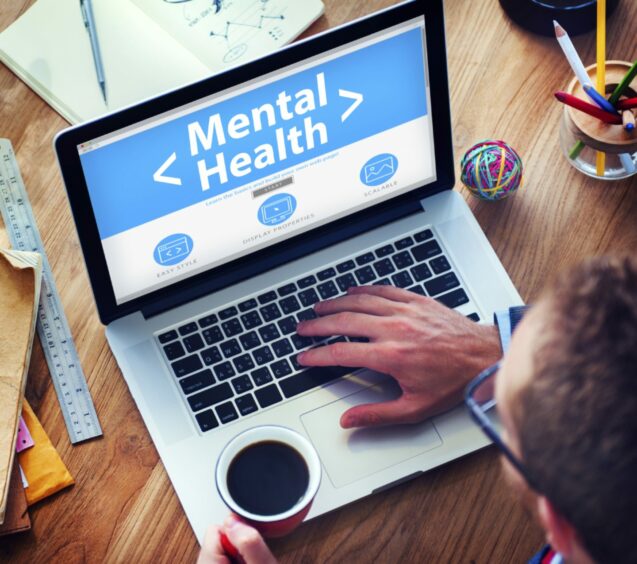The cost-of-living crisis could be having an impact on the mental health of small business decision makers and their employees, according to new research.
Almost four in ten (39%) stated that financial pressures are contributing to a decline in their mental health, whilst over a fifth (22%) say mental health exhaustion could be their biggest challenge this year, according to the survey of 1,003 small business decision makers.
For some, this only builds on the financial pressures they faced during the pandemic, with over two thirds (68%) stating that the pandemic had only “intensified” the risks and pressures of running a small business.

A quarter (25%) also admitted to worrying that their mental health will only decline over the rest of 2022; which may be unsurprising with the majority of respondents (59%) stating that the cost-of-living crisis is their biggest challenge this year.
Positively, small business decision makers are acutely aware of the importance of keeping a focus on positive mental health, with almost half (45%) acknowledging that psychological and emotional support is just as valuable to their business as financial and technological aid. This extends to their operational effectiveness too, with 43% stating that further support is needed in order for their business to run more effectively.
The survey was commissioned by mobile operator Three Business, to understand the unique challenges facing small business owners in the current climate and the impact it is having on their mental health.
In light of these challenges, Three Business partnered with crisis counselling charity Samaritans to offer small business owners places on the group’s building resilience and wellbeing digital course.
The course is part of a portfolio of wellbeing and suicide prevention courses delivered by Samaritans to support organisations with training to help their people and teams look after themselves as well as those around them.
Petra Velzeboer, CEO of PVL, psychotherapist and mental health consultant, said: “This research illustrates the immense challenges we are facing globally regarding mental health and the new world of work.
“Increasing cost of living, high staff turnover, and simple survival throughout challenges such as ‘quiet quitting’ and ‘the great resignation’ impact SMEs much more significantly than bigger businesses.
“However, there are tools that everyone can equip themselves with to help and it’s amazing to see the training offer for SMEs from Samaritans.
“Beyond this, my hope for the future is that each of us can think about mental health in a more preventative way, normalising conversations about good mental health long before needing crisis services, so we can all build a mentally healthy future.”
The Samaritans course equips small business owners and their employees with practical strategies to strengthen their personal resilience, and enhance their wellbeing to respond effectively to challenges in their role and environment.
Jason Jaspal, assistant director of business development at Samaritans, said: “We are living in uncertain times and the world has become, for many, a very worrying place.
“The impact of the global pandemic, as well as concerns around the cost-of-living crisis, is affecting many people, including small business owners and their employees.
“It’s vital that small business owners have access to the tools that support wellbeing.
“Delivered by experienced Samaritans trainers, our building resilience and wellbeing courses aim to equip more people and teams with the skills and confidence to look after themselves as well as those around them.”
Snehal Bhudia, director of business propositions & go-to-market for Three UK, said: “From speaking to small businesses every day, we know the huge pressures they are facing not only financially but on their mental health and wellbeing too.
“That’s why we wanted to build on Three’s existing partnership with Samaritans, and extend it to all small businesses in the UK.
“We hope that many small business owners take advantage of this free support and guidance during a pretty difficult period for everyone.”



